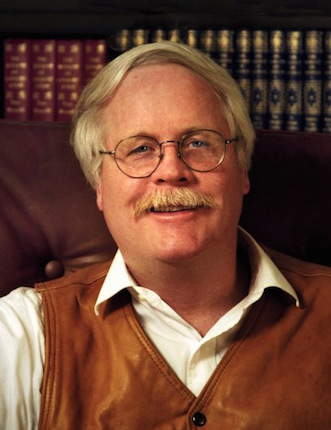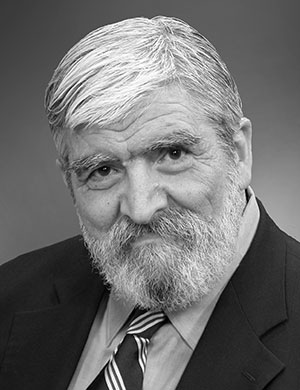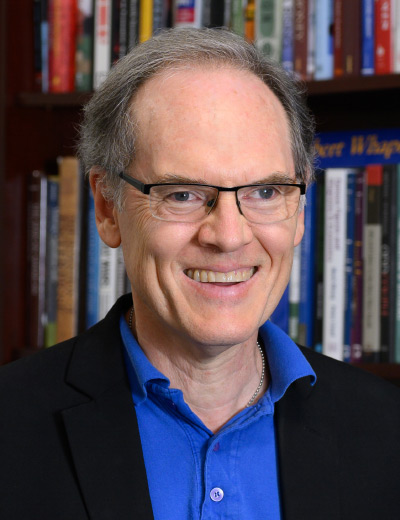Center on Culture & Civil Society
The Center for Culture and Civil Society has been established to reaffirm the interdisciplinary roots of the natural and social sciences, as well as their primal concern for the moral nature of humanity. It seeks to foster a cultural renaissance through a bold redefinition and reorientation of public debate toward a new integration of knowledge that supports the foundations of free, moral and peaceful societies.
To recognize the value of human liberty, we need to understand humans correctly: as morally conscious, reasoning, goal-directed, and creative beings. Without the metaphysical capacity for choice, the legal capacity seems entirely beside the point.
The view of humans as purposeful decision-makers is under attack. Almost daily, media reports claim that scientists have “explained” away another enduring human characteristic in purely deterministic terms. Neuroscientists try to describe love and hate by looking at MRI scans while psychiatrists eliminate moral responsibility by claiming a strictly bio-psychological basis of criminal behavior.
The naturalist worldview, now dominant in the social sciences, treats people as passive objects pushed and pulled by their genes and environment. This reduces all human endeavor to the interplay of mechanistic and impersonal physical forces, strips the world of purpose and objective morality, and enables tyranny. Technocrats seek to rescue people from the forces that shape their lives while denying their capacity for choice. In the process, thinkers able to articulate humanity’s uniquely moral nature have been marginalized and ignored.
However, a growing number of scholars have questioned this strictly materialistic worldview. They have pointed out that reason and science require more than material facts, insisting that any analysis of the material world requires individuals whose views are not themselves determined by that world. By stressing the commonsense view of people as reasoning agents, these thinkers have revealed the importance of a non-materialistic culture for individual liberty, reason, and civic virtue.
The purpose of the Center on Culture and Civil Society is to bring together top scholars and sponsor research across the natural sciences, philosophy, economics, theology, history, law, sociology, and other fields in order to produce books and other publications, events, and media programs that bring this work to the attention of educators and students, policy makers, opinion leaders, and the general public.
- In The Decline of American Liberalism, renowned historian Arthur Ekirch...
- Private Rights and Public Illusions reveals that few problems concern most...
Center on Culture & Civil Society News Releases
About the Independent Institute Centers
Each center is tasked with assessing, refining, and proposing innovative solutions to pressing social and economic challenges. Our programs focus on three core components: rigorous scholarly research, insightful publications, and the strategic dissemination of findings to opinion leaders and the public through conferences and media initiatives.
By fostering evidence-based solutions, our centers encourage informed discussions that can be scrutinized not just by experts, but also by media influencers, business leaders, religious organizations, engaged citizens, and policymakers. Our goal is to promote rational, objective dialogue that sheds light on key issues and shifts public discourse away from interest-group politics.


































